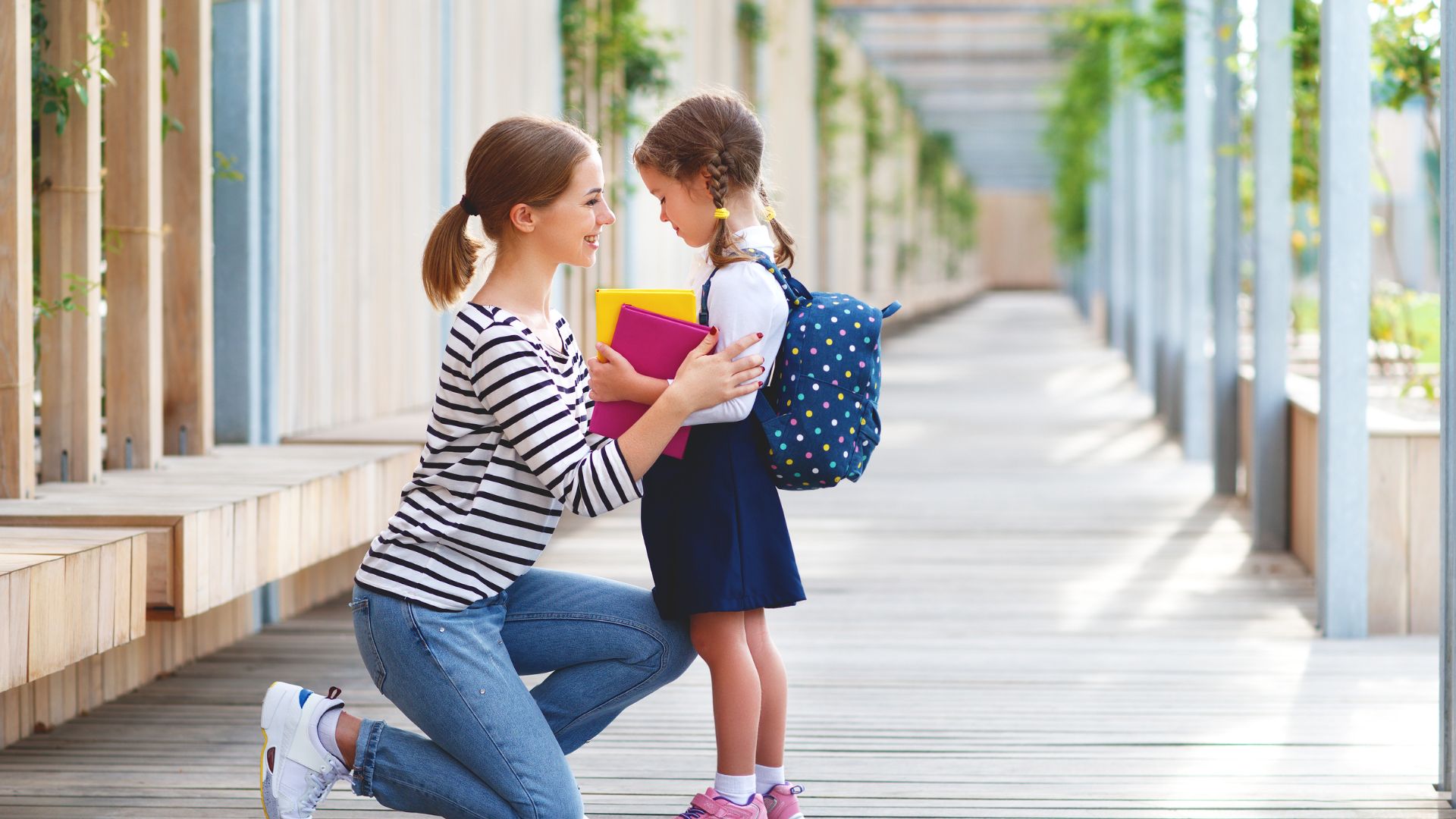Is My Child Ready for School? Understanding School Readiness Assessments

Starting “big school” is a major milestone in a child’s life and in the life of every parent or caregiver. But how do we know if a child is truly ready for school? School readiness is about more than just knowing the ABCs or being able to count to ten. It’s a blend of cognitive, emotional, social, and physical development that prepares children to thrive in a structured learning environment.
This is where a school readiness assessment can be incredibly helpful. However, the phrase “school readiness” can often provoke anxiety in parents. So, today, we are going to go through the ins and outs of a school readiness assessment to ease any anxiety you may experience.
What is a School Readiness Assessment?
A school readiness assessment is a structured evaluation conducted by an educational psychologist to get a holistic picture of a child’s development. The goal is to better understand how the child learns, where they shine, and where they may need a little extra support.
These assessments typically look at:
- Cognitive skills: problem-solving, memory, attention, early numeracy and literacy concepts.
- Language development: understanding and expressing themselves in age-appropriate ways.
- Motor skills: fine motor skills (like holding a pencil) and gross motor skills (like balancing or jumping).
- Emotional and social readiness: how a child interacts with others, handles frustration, and manages separation from caregivers.
Why is a School Readiness Assessment Important?
Every child develops at their own pace. A school readiness assessment does not measure how “smart” a child is. It helps answer the question: Is this child developmentally prepared to cope with the demands of formal schooling right now?
Some children may need a bit more time, and that’s okay. Others may have underlying challenges that haven’t been identified yet, such as difficulties with processing speed, attention, or emotional regulation, and early intervention can make a world of difference. By identifying strengths and areas of development early on, parents, teachers, and therapists can work together to support the child’s journey and make the transition to school as smooth and as positive as possible.
What Happens After the Assessment?
After the assessment, you’ll receive a detailed feedback session and a written report. This typically includes:
- An overview of your child’s developmental profile
- Practical recommendations tailored to your child’s needs
- Support with decisions about school placement or readiness
- Advice on how to prepare your child for school, both academically and emotionally
A school readiness assessment is not about passing or failing. It’s about being informed so that you, as the caregiver, can make confident, well-supported choices for your child’s education.
Common Misconceptions and Frequently Asked Questions
Myth: “It’s only for children with obvious delays or problems.”
Truth: Readiness assessments are for all children, not just those with visible difficulties. Many children have subtle needs that may not be picked up in everyday settings. These assessments help provide insight into how a child learns best and how they can be supported to reach their potential.
Myth: “If my child is clever, they’ll definitely be ready for school.”
Truth: Intelligence is just one part of the picture. A bright child might still struggle with sitting still, managing frustration, or working in group settings, which are all essential for the school environment.
Myth: “If they’re the right age, they must be ready.”
Truth: Age alone does not guarantee readiness. Development is not linear, and some children may need more time to mature emotionally or socially, even if they are chronologically “ready.”
FAQ 1: When is the best time to do a school readiness assessment?
Ideally, a school readiness assessment should be done in the last term of Grade R before a child needs to transition to Grade 1. This way, there is time to identify and provide any extra support the child may need before entering Grade 1.
FAQ 2: What if the assessment shows my child isn’t ready?
This does not mean something is “wrong.” It just gives us useful information. You’ll receive tailored recommendations, whether that involves extra support at home, a therapeutic intervention, or simply more time in an early learning setting. The goal is to meet your child where they are and help them move forward confidently.
FAQ 3: Can I prepare my child for the assessment?
There’s no formal preparation needed. The best thing you can do is make sure your child is well-rested and relaxed on the day. Most assessments feel like engaging tasks or games, so children are often comfortable and curious throughout the process.
Final Thoughts
Starting school should be more of an exciting adventure, not a source of extreme stress or confusion. A school readiness assessment offers clarity, reassurance, and guidance – and for many families, it’s the first step in a supportive, collaborative relationship between home and school.
If you’re wondering whether your child is ready for Grade 1, or you simply want to understand how to best support their development, a school readiness assessment could be a helpful next step.
